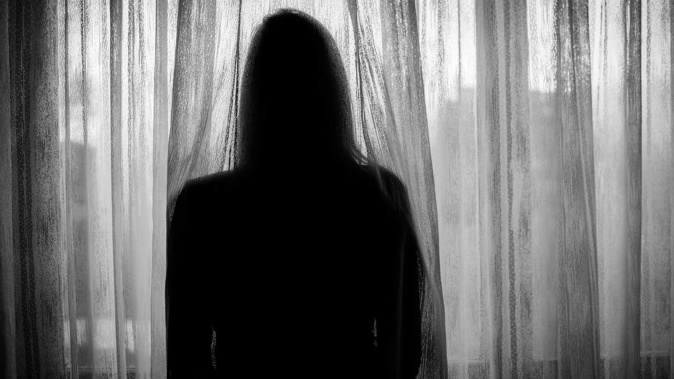
Social isolation isn’t just bad for your mental health but may also physically “age” your brain, a first-of-its-kind study finds.
Well before our lengthy Covid-19 lockdowns put it under the spotlight, the issue was already a big concern in New Zealand, with many young people and older Kiwis alike reporting feeling isolated in successive surveys.
Over time, studies have linked little to no contact with others to poorer brain function - while having positive social connections has been found to help slow cognitive decline.
While the precise psychological and physiological factors at play weren’t fully understood, it was well known that healthy social networks helped to ease stress and boost wellbeing, while building up a “cognitive reserve” in our brains.
Now, a New Zealand-led study, just published in the journal Psychological Medicine, has looked more closely at how related changes in the brain could be measured over someone’s entire life.
“There has been some research on the association between social isolation and brain age, but we are not aware of any focusing on the occurrence of social isolation over the life course,” said its lead author lead author Roy Lay-Yee, of the University of Auckland.
In their research, Lay-Yee and Kiwi, UK and US colleagues drew on a trove of longitudinal data – including recently-collected MRI brain scans – from the world-famous Dunedin Study.
After breaking the study participants into four groups based on their social isolation patterns, the team measured their brain “age gaps” - or the difference between their actual ages and that predicted by the MRI analyses – at about 45 years old.
They then analysed whether these gaps differed, while adjusting for factors like sex, socio-economic status and the person’s early family environment and childhood behaviour.
Their results indeed showed a link.
Those who’d reported social isolation, but only as adults, had an estimated brain age that was 1.73 years older than those who’d never experienced it.
“Our key finding was that different life-course trajectories of social isolation were associated with older brain age in middle-aged adults, even after adjusting for early family environment and early child behaviour,” he said.
“In particular, social isolation experienced as an adult posed a greater risk of increased brain age.”
Surprisingly, however, social isolation in childhood wasn’t shown to contribute to older brain age later on.
The researchers concluded that further work was needed to understand the drivers, but nonetheless noted their study underscored the importance of tackling social isolation, if not just for cognitive health.
“Our study suggests that reducing social isolation could be used to improve brain health and thus prevent, arrest, or delay cognitive decline,” Lay-Yee said.
“We’ve identified a vulnerable life stage - namely adulthood - and disadvantaged groups that could benefit from interventions.
“The optimistic finding that social isolation occurring only as a child did not contribute to older brain age indicates the child brain appears to be robust - and it is never too late to intervene.”
Take your Radio, Podcasts and Music with you









